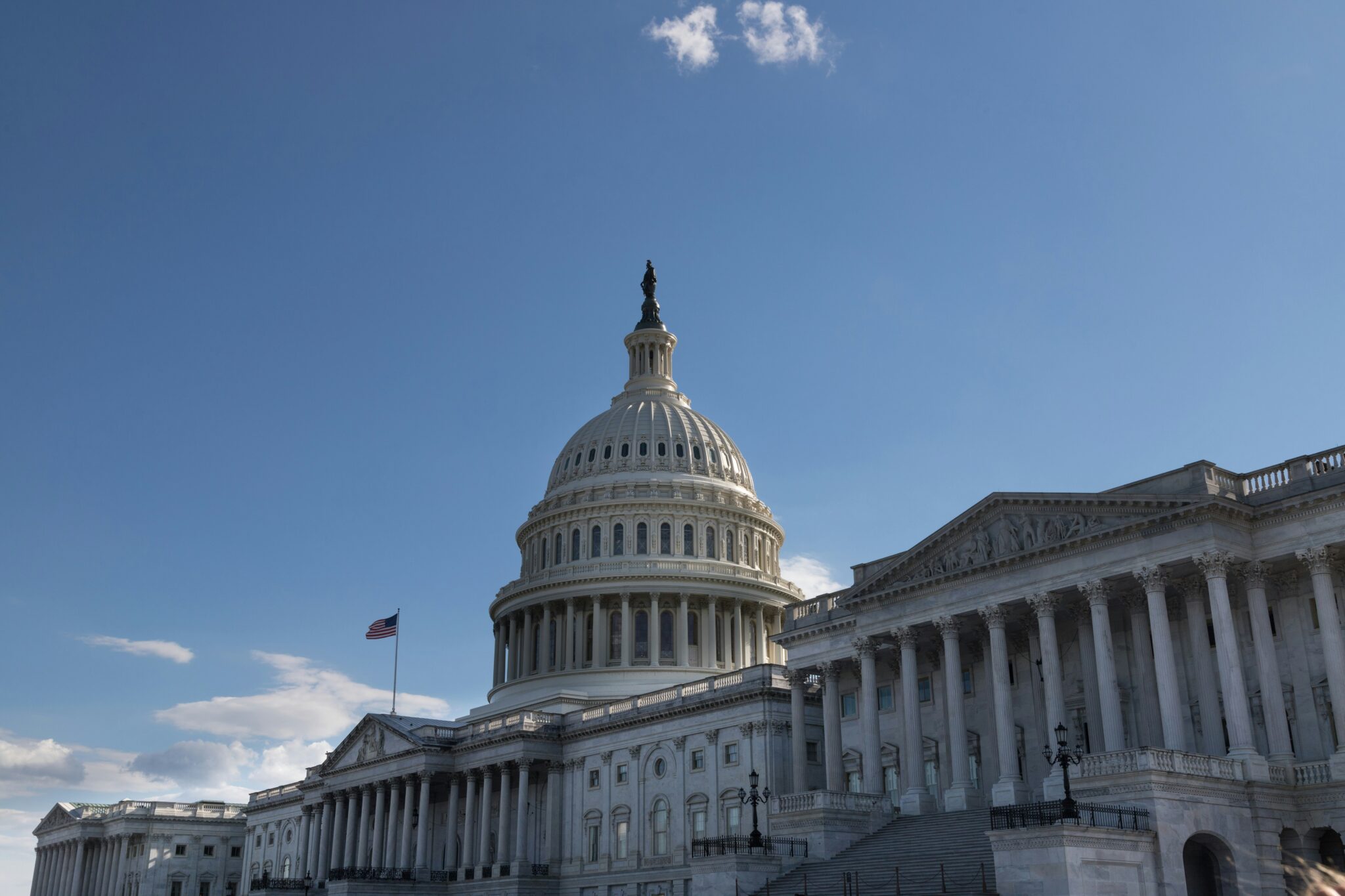This week 43 years ago Congress overrode President Nixon’s veto and established the current federal budget process. It is certainly showing its age.
Enacting a budget is often a struggle, but with the same party in control of both chambers, even if there isn’t a formal budget resolution lawmakers can generally agree to a top line discretionary spending amount and “deem” that be the number the appropriators use to carve up the funding pie.
But over on the House side, the budget committee has been struggling to develop a fiscal year 2018 budget resolution. Chairman Black (R-TN) is getting it from all sides. Defense hawks want more Pentagon spending, moderates want smaller non-defense and mandatory spending cuts, and conservative Freedom Caucus members want deeper cuts – particularly on the mandatory side of the budget ledger.
The delay in even agreeing on a top line has turned the appropriations processinside out. This year, appropriators had to work off the number being batted around the budget committee. But batting around is not the same thing as adopting a resolution or deeming a certain level, which actually binds the appropriations committee. That hasn’t stopped the committee, eleven of the twelve spending bills are written (still looking out for Transportation-Housing and Urban Development) and five have passed the full committee. The Senate is finally on the board with the Military Construction-Veterans Affairs spending bill approved by the committee. It is unclear if the Senate is on the same spending page as the House, but we’ll see.
In fact, Majority Leader McConnell (R-KY) decided to delay the Senate’s traditional August recess by two weeks.
Yes. We know they are still probably getting a lot more time off than you. But the point isn’t to sneer at Congress, enjoyable though that might be. Instead, it is to look at what it means if the Senate stays in session until mid-August. The House members are not planning on staying in Washington during the hottest month of the year.
Will two additional weeks make a difference in getting through the Senate’s legislative backlog? There’s the Senate health care bill, adopting a fiscal year 2018 budget, making progress on appropriations bills and the National Defense Authorization Act, and clearing the path for tax reform.
Just revising, rescoring and finding the 50 votes needed to pass the Better Care Reconciliation Act, the Senate’s health care legislation, is a huge task. Especially since the points of disagreement within the Republican conference alone are significant.
Even if there was consensus on health care, the budget, and moving on appropriations bills, the expanded five-week time table will still be tight. Moreover, these are hardly the only items on Congress’ plate. Off the front pages and the front-burner (at least for now) are several other important matters. Authorization for the Federal Aviation Administration and the National Flood Insurance Programexpire at the end of September if Congress takes no action. So does the Children’s Health Insurance Program. And the director of the Federal Bureau of Investigation is still unstaffed, along with more than 100 other key positions.
Meanwhile, ticking away mercilessly like a metronome, the debt ceiling looms.
So do the two extra weeks keep Congress from kicking the can further down the road on appropriations, key reauthorizations and the debt ceiling?
Even by taking the step of postponing the recess, Congress is demonstrating that with one party controlling all the levers of power, the well-worn pattern of governing by crisis is still the norm.










